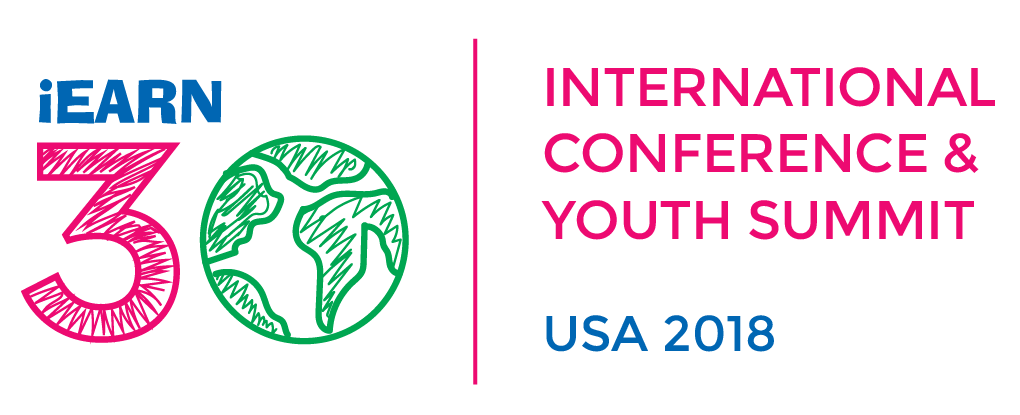Sessions
Virtual Volunteers for Education - Two pilot projects involving Classes in Turkey, Ghana and the USA at the iEARN Conference
Ed Gragert
Global Woods Consulting
Ed Gragert
Ed Gragert has been involved in iEARN since it's early days. He now engages in new initiatives that enhance teaching and learning with connective technologies. He gave a keynote presentation at the 2017 iEARN Conference in Morocco, proposing a Virtual Volunteers for Education initiative that could use technology to link learners and educators in a one-on-one tutoring format globally. Ed has an MA and a PhD in Korean/Japanese History from Columbia University.
Adriana Vilela
Global Woods Consulting
Adriana Vilela
Adriana Vilela has been involved with iEARN since 1990 when she was a teacher at a school selected to participate in the first iEARN initiative in Argentina. She later worked with World Links for Development and the Organization of American States in Washington, DC. She has a Masters in International Education Development from Columbia University's Teachers College.
Lisa Lau
EDUCOA
Lisa Lau
Lisa Lau is the Founder and Director of Educating, Developing, and Uniting Creativity & Opportunity in Africa (EDUCOA), a program to promote entrepreneurial skills and competencies in youth in Africa, with a pilot program launched in Ghana. She earlier worked for World Links for Development. Lisa has a Masters from Harvard University in International Education Policy.
Laura Sabatino
John Handley High School
Laura Sabatino
Laura Sabatino is a science teacher at John Hanley High School. She participated in the 2017 iEARN conference in Morocco and worked with a class in Turkey to create a student-to-student online tutoring initiative.
Type: Roundtable
Location: Room 1308
Date: Tuesday
Time: 11:00-11:50 AM
Session Description
Roundtable participants will present the theory of one-on-one mastery learning theory developed by Benjamin Bloom (Bloom's Taxonomy) in the mid-1980s. Since technology was not available in those years to take one-on-one tutoring to scale, it was not deemed feasible. Now that iEARN and others have demonstrated that connective technologies can connect educators and learners on a personal level anywhere in the world, an initiative called Virtual Volunteers for Education is being explored. Educators in the USA, Ghana and Turkey have created pilot projects involving one-on-one tutoring by and with secondary school students, with very positive results. Roundtable participants will interact about these pilot projects and explore expansion to new models and countries.
What will educators learn and be able to do at the end of the session?
The Roundtable will explore the feasibility of a network of educators and learners, linked in one-on-one tutoring methodologies, including teacher-student and student-to-student tutoring across curriculum areas using connective technologies. It will elicit feedback from participants about how retired, current and future educators might engage in online tutoring and what kinds of obstacles (access to connectivity, etc.) stand in the way of such a global initiative.
Session Resources
EDUCOA website
This is EDUCOA's website that will allow the audience to learn more about organization and activities/methodology, including DPs.
